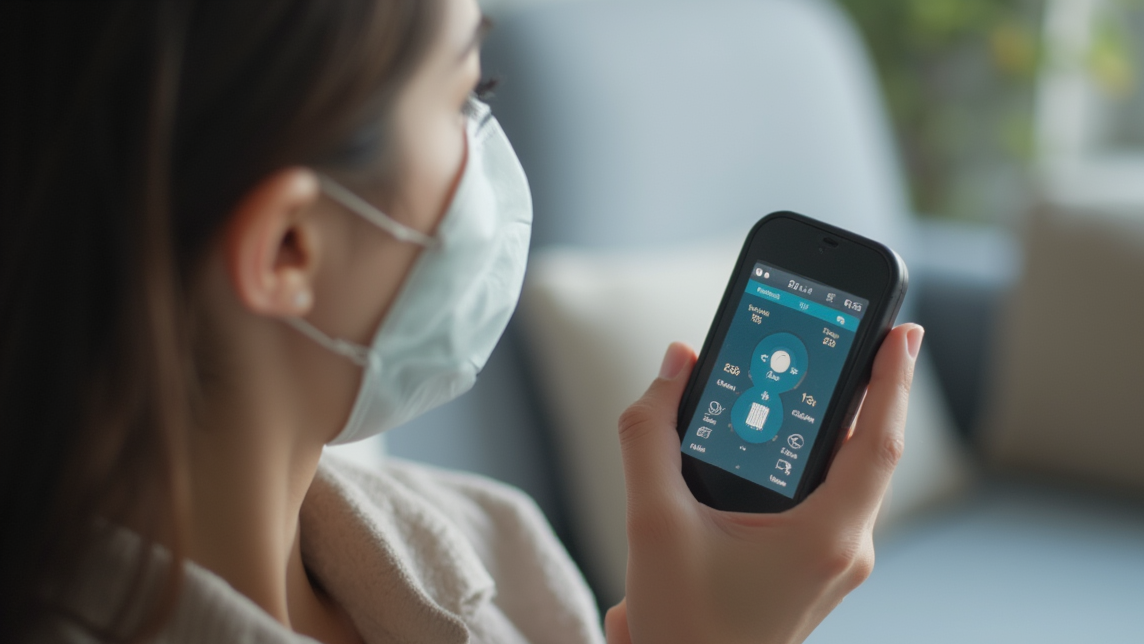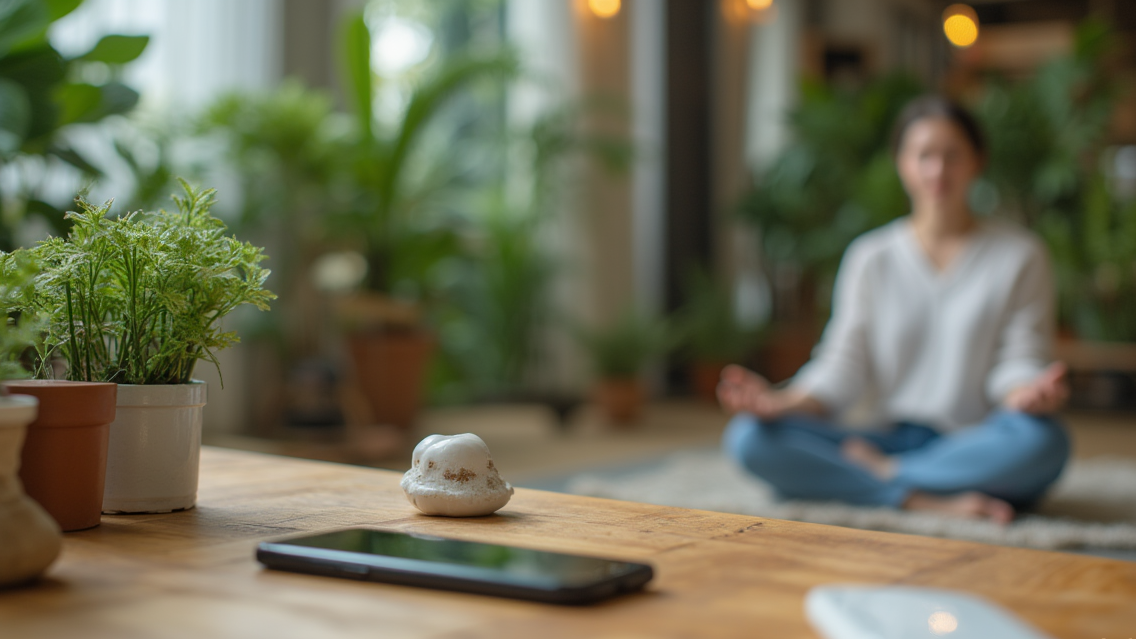The latest viral wellness hack, mouth taping, promises deeper sleep, reduced snoring, and even whiter teeth—by simply keeping your lips sealed at night. But as #MouthTaping racks up millions of views on TikTok, doctors are sounding the alarm. Could this trend do more harm than good?
Proponents claim that gently taping the mouth shut forces nasal breathing, which filters air, boosts oxygen uptake, and may prevent dry mouth. Some cite studies linking mouth breathing to poor sleep quality and dental issues like cavities. Celebrities like Gwyneth Paltrow have casually endorsed it, while brands sell “breathable” specialty tapes (priced at 15–15–30 a roll).
ENT specialists warn that mouth taping can be dangerous for people with undiagnosed sleep apnea, deviated septums, or nasal congestion. “If you obstruct the mouth without addressing the root cause of mouth breathing, you risk oxygen deprivation,” says Dr. Sarah Lee, a sleep physician. Red flags include waking up gasping or daytime fatigue—signs to consult a doctor, not TikTok.
For those curious about nasal breathing, experts suggest low-risk methods first: allergy management, nasal strips, or tongue exercises. “Mouth taping is a band-aid, not a cure,” notes Dr. Lee. If you still want to try it, opt for porous medical tape and test it during daytime naps.
While mouth taping might help mild cases, it’s not a one-size-fits-all solution. As with most wellness trends, the hype may be outpacing the science. Your best bet? Listen to your body—and maybe your doctor—before hitting “add to cart.”





